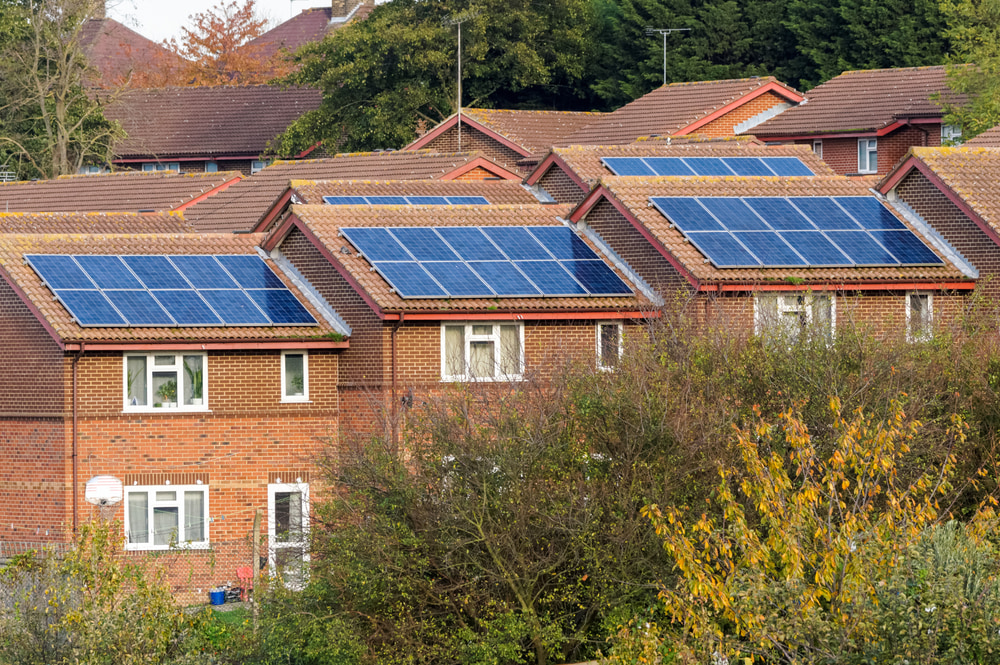Days
Hours
Minutes
Seconds
May 1 2026 - Renters' Right Act Commencement Day
You have 0 days to:
Serve any final Section 21 notices
Stop accepting above-asking rent offers
Prepare for the rental bidding ban
Remove “No DSS” from adverts
Remove “No Children” from listings
Show one clear rent price
Stop using fixed-term agreements
Switch to periodic tenancy templates
Check which tenancies go periodic
Stop taking rent before signing
Take no more than one month’s rent
Move all evictions to Section 8
Train staff on new notice rules
Create Section 13 process flow
Add two months to rent reviews
File court claims for Section 21s
Update landlord move-in grounds
Update landlord selling grounds
Send the RRA Information Sheet
Create written terms where missing
Update How to Rent processes
Review tenant screening questions
Update pet request processes
Stop backdating rent increases
Discuss rent protection backbooks
Act now before it is too late...
How could climate change affect your agency in the next decade?
Climate change regulations will likely have a significant impact on legislation of the private rented sector in the next few years, with Minimum Energy Efficiency Standards just the first in a series of regulations to help the UK reach net zero emissions.
The Goodlord team
Feb 12, 2020
Minimum energy efficiency standards were just the beginning. The UK has passed legislation pledging to end its contribution to global warming by 2050. The target will require the UK to bring all greenhouse gas emissions to net zero by 2050, compared with the previous target of at least 80% reduction from 1990 levels. Net zero means any emissions would be balanced by schemes to offset an equivalent amount of greenhouse gases from the atmosphere, such as planting trees or using technology like carbon capture and storage.
It’s an ambitious target and one that won’t be met without the “near-complete elimination of greenhouse gas emissions from UK buildings,” according to the Committee on Climate Change. Emissions reductions from the UK’s 29 million homes have stalled, according to a report by the committee, while energy use in homes – which accounts for 14% of total UK emissions - has increased. One home will need to be refurbished every minute if the government is to reach its emissions reduction targets for 2050, which means it’s likely that minimum energy efficiency standards for landlords will get even tougher in the coming years.

The way new homes are built and existing homes are currently retrofitted “often falls short of stated design standards,” according to the Committee on Climate Change, which “deceives householders and inflicts new costs in the future. Closing the ‘performance gap’ could save households in new homes between £70 and £260 in energy bills each year”. They have called for an acceleration in the retrofitting of existing homes, widespread inspection and enforcement of building standards and stiffer penalties for non-compliance, noting that “the required further tightening of building standards will have little impact if these issues are left unresolved.''
But there’s good news for letting agents with landlords who have invested in making their properties more efficient. Not only are energy efficient homes cheaper to run and maintain, they’re also more appealing to climate-conscious tenants. A study by YouGov, for example, showed that 66% of renters would be open to having solar panels on their property and millennials (and likely their younger counterparts) are more likely than any other generation to say that they would pay extra for eco-friendly or sustainable products. There’s no reason they wouldn’t pay more to live in eco-friendly houses, too.





